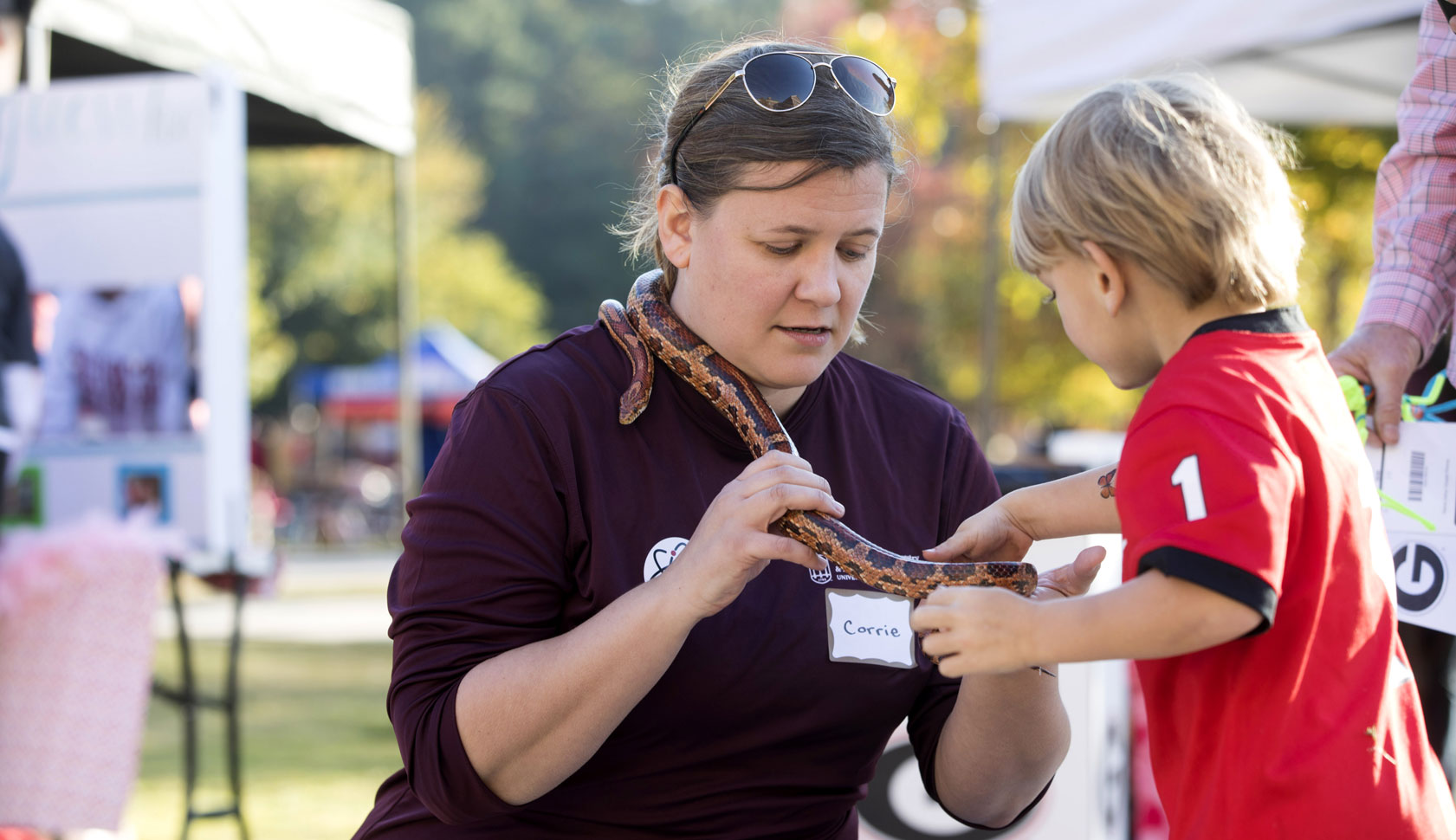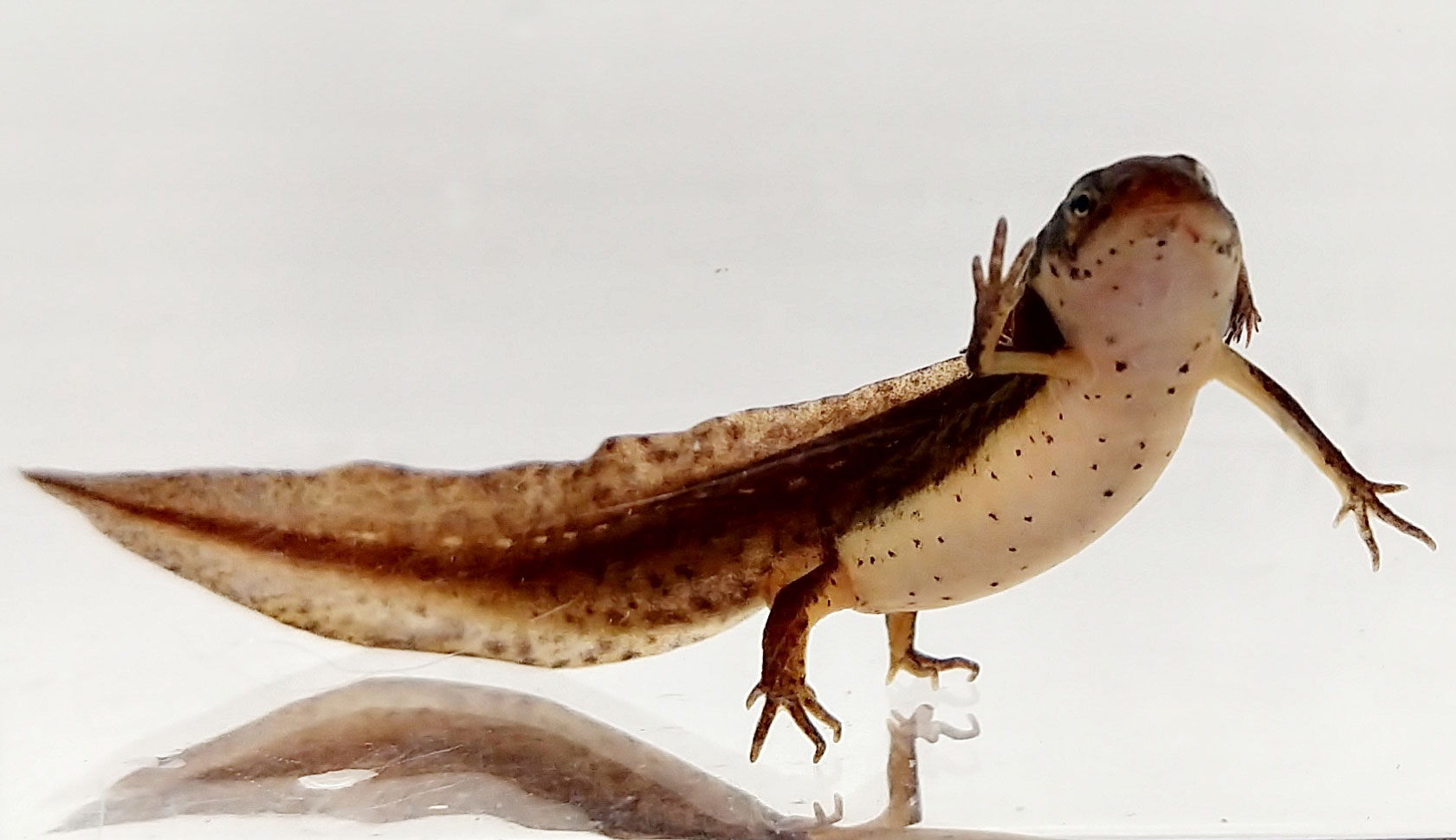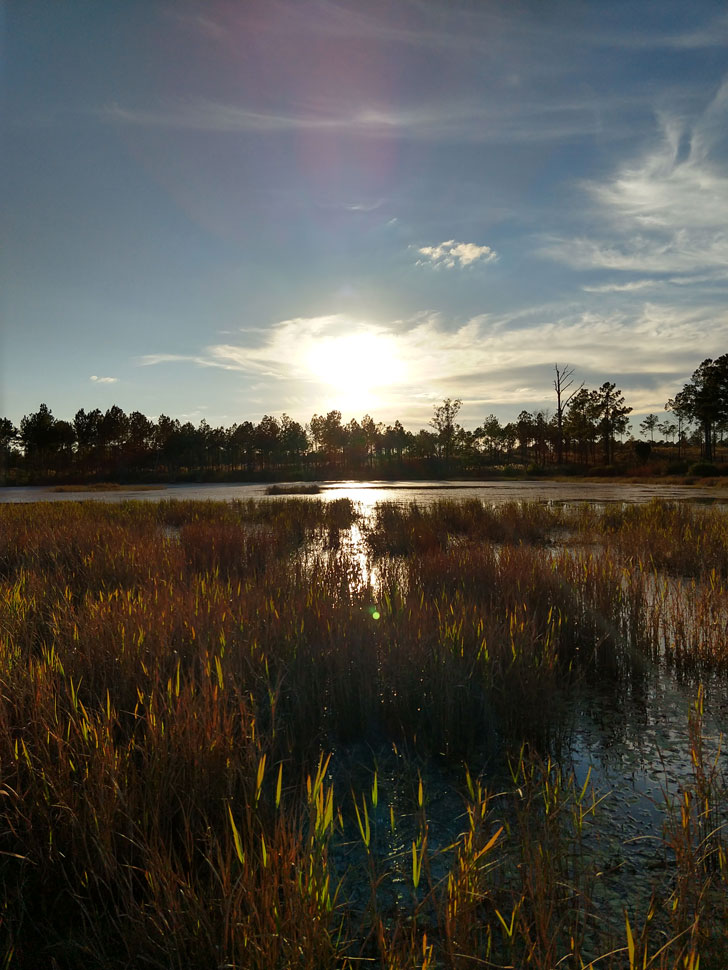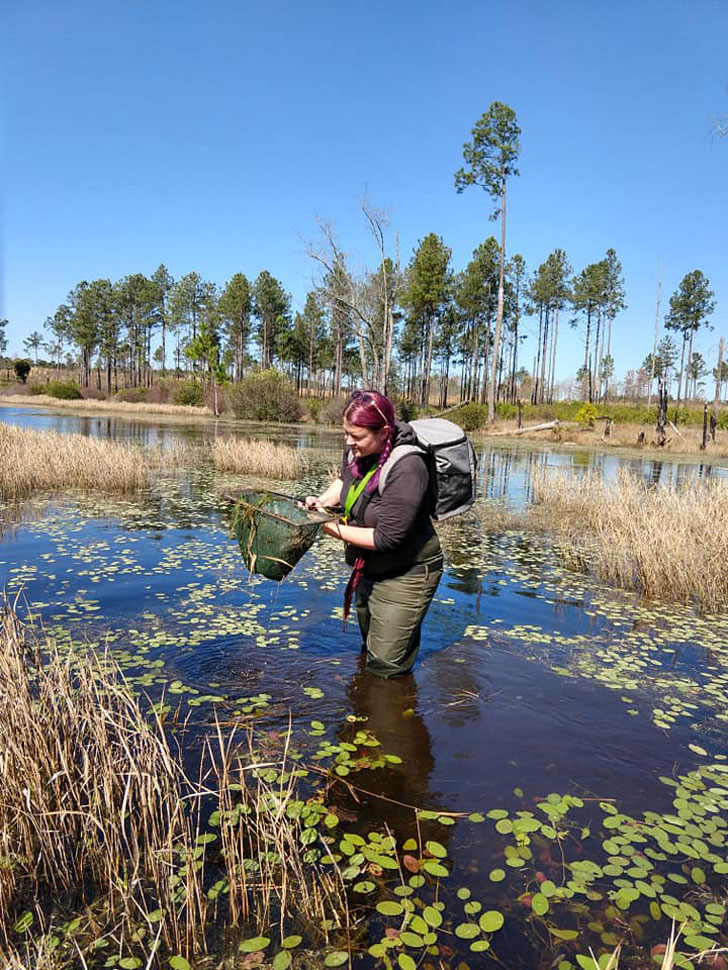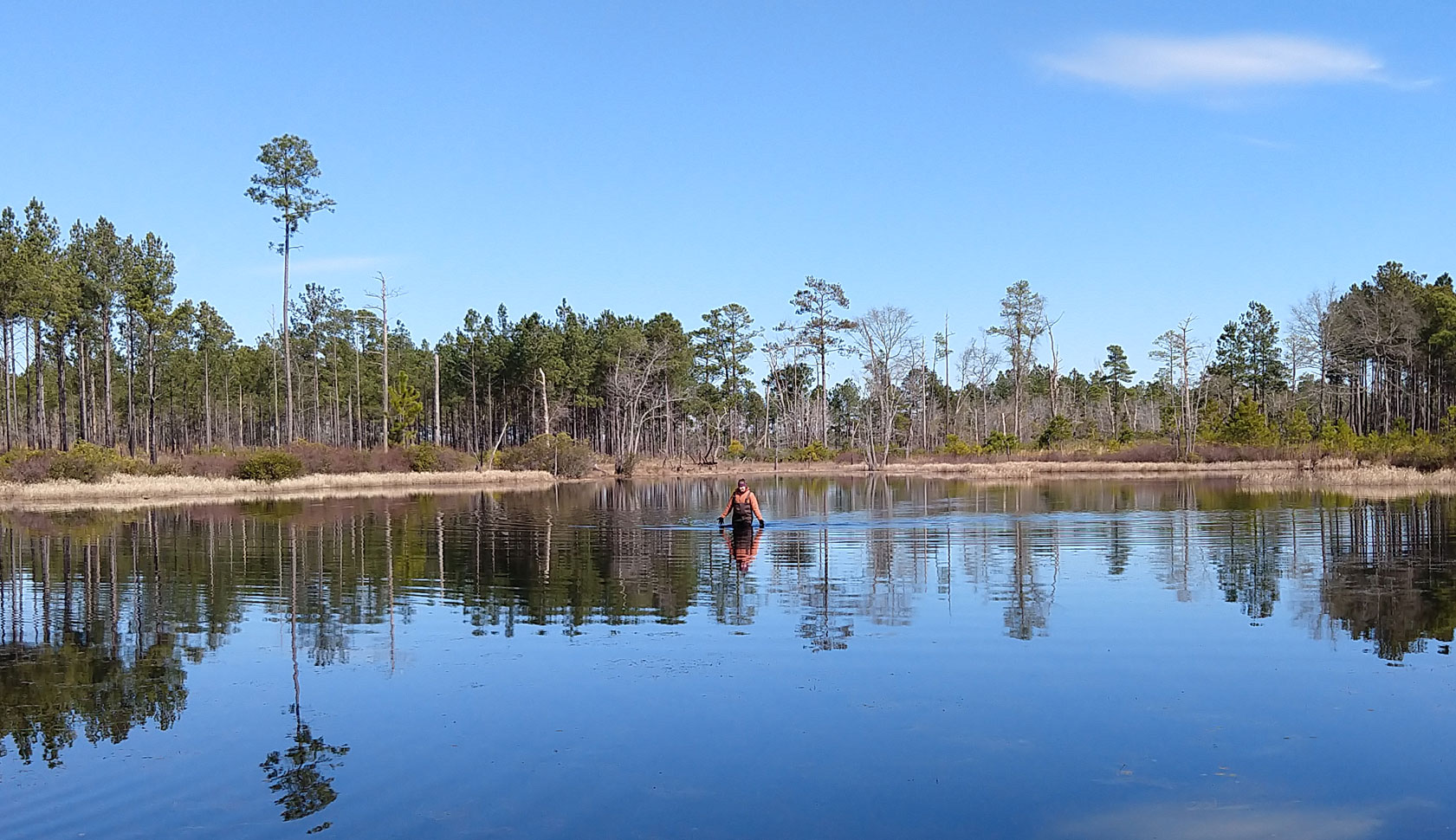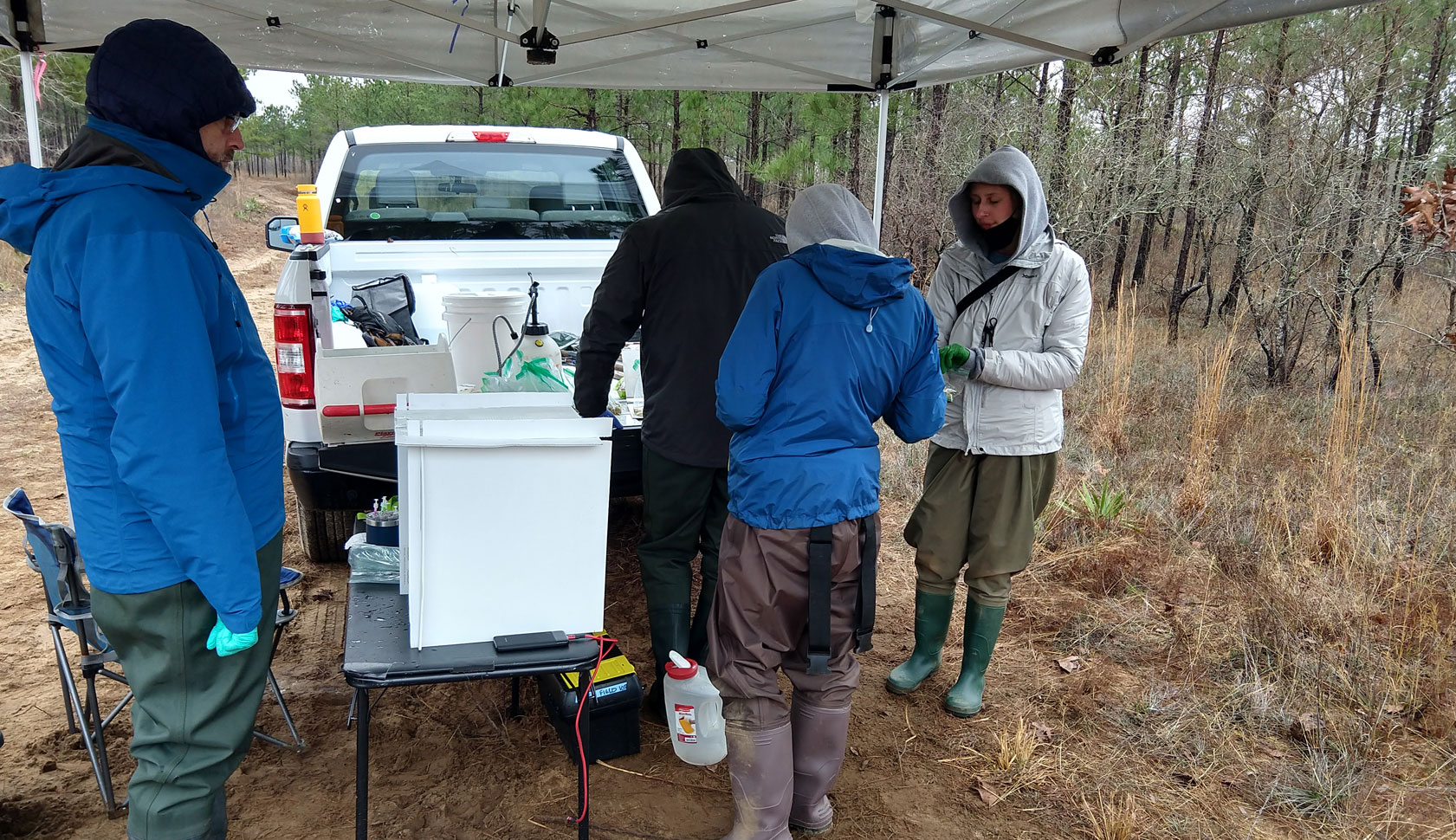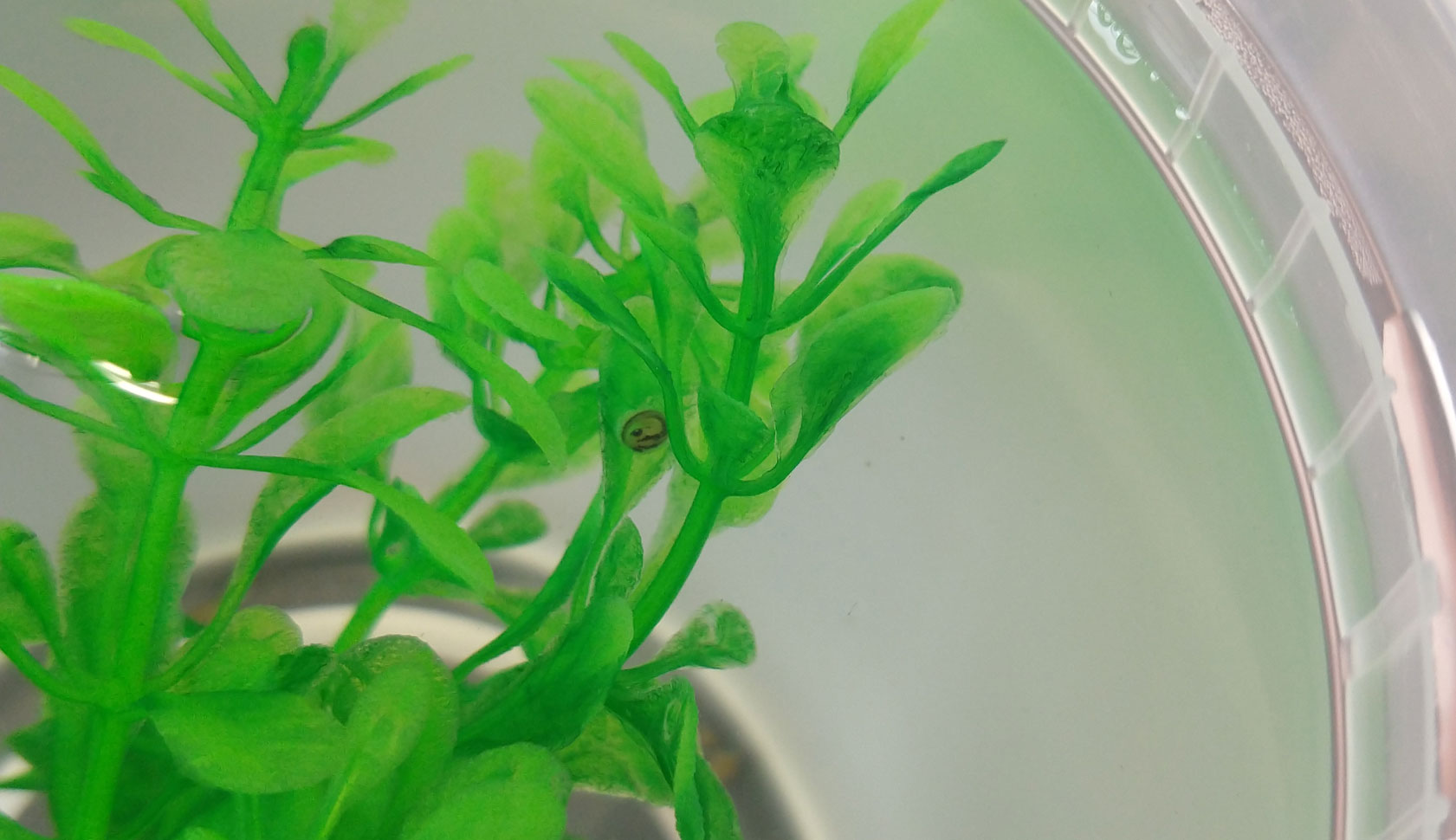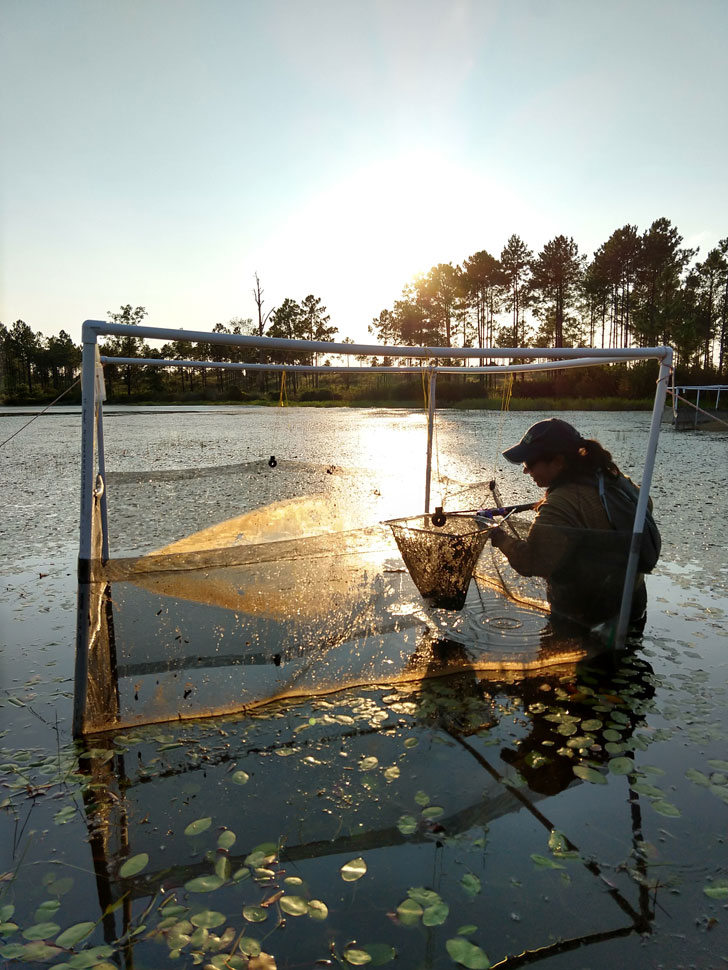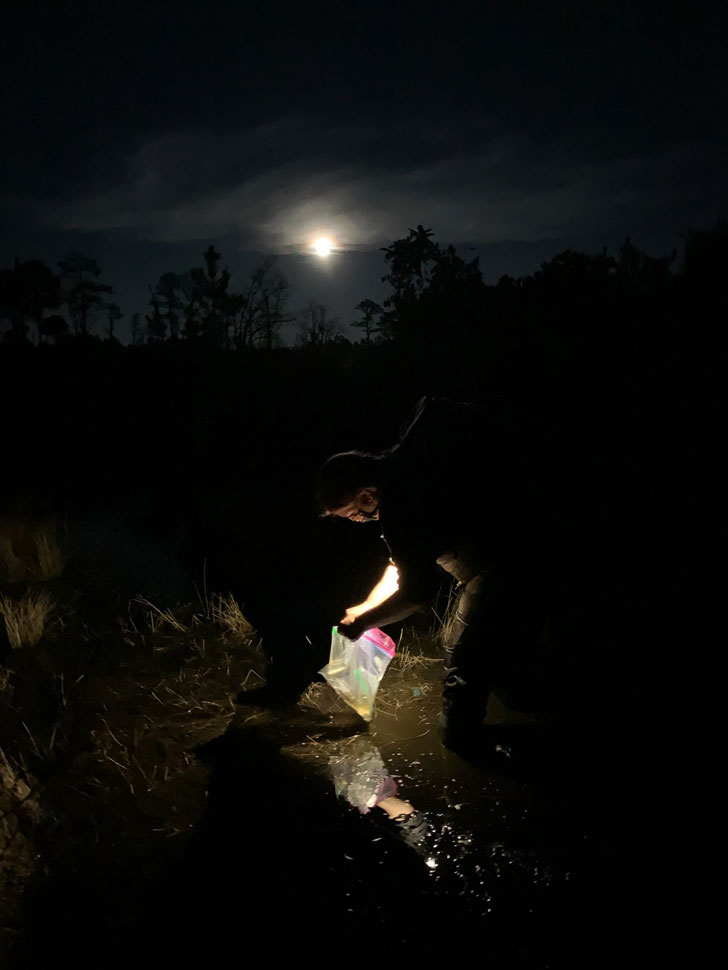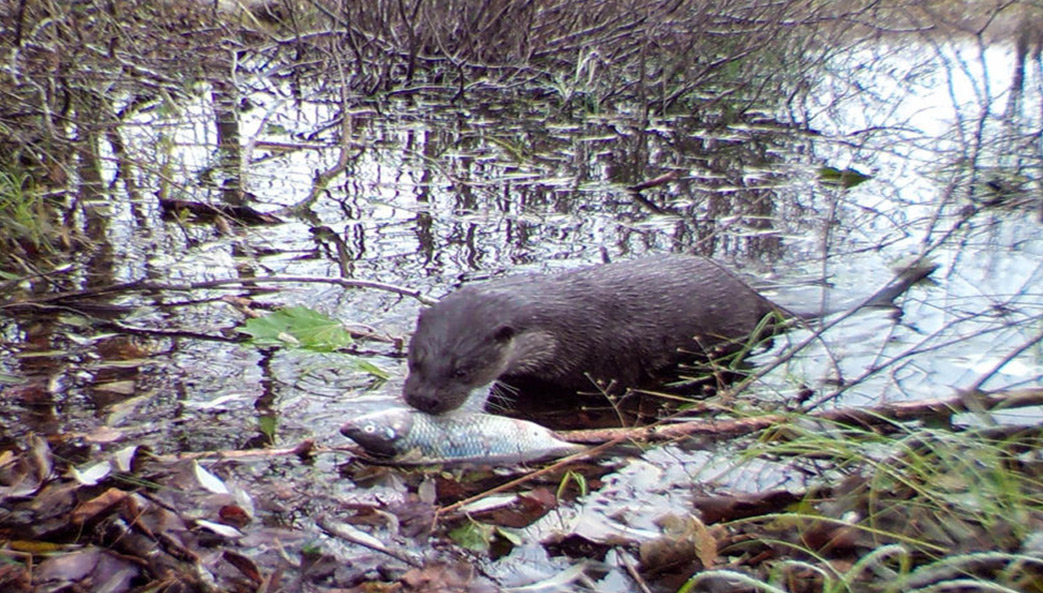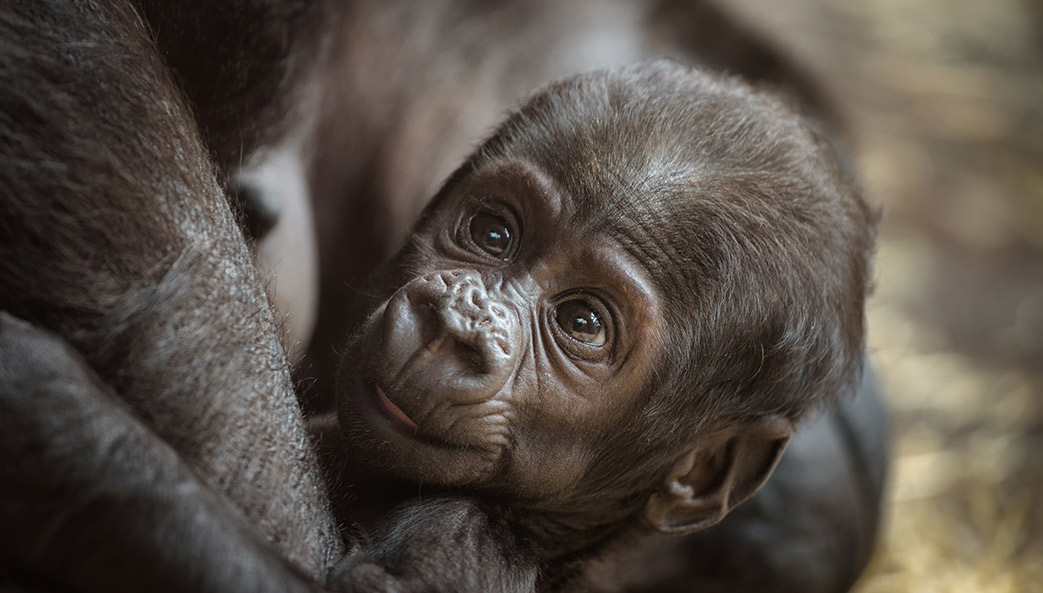Nestled in Taylor County, Georgia, surrounded by farms and fields of solar panels, is a small wetland that is home to the striped newt. The amphibian has persisted there for millions of years, and today it’s the subject of critical conservation and wildlife research led by the University of Georgia.
Corrie Navis, Ph.D. candidate in integrative conservation, shared what it was like working at the Sandhills Wildlife Management Area’s wetland research site, where she studied the newts throughout 2020 and 2021 to better understand their complex life cycle. Navis and her colleagues in the Warnell School of Forestry and Natural Resources hope their work will enable them to make smarter conservation decisions for striped newts and other wetland species.
“I’m translating my research in a way that people working on striped newt conservation can use to make more informed decisions about what’s working and more efficiently use their resources,” Navis said.
In addition to enhancing scientific understanding of striped newts, Navis and her colleagues’ research has a wider impact. Amphibians provide a great basis for understanding evolution, developmental biology and the impact of climate change beyond their own taxonomical class. Studying striped newts will help scientists better understand the entire animal kingdom.



